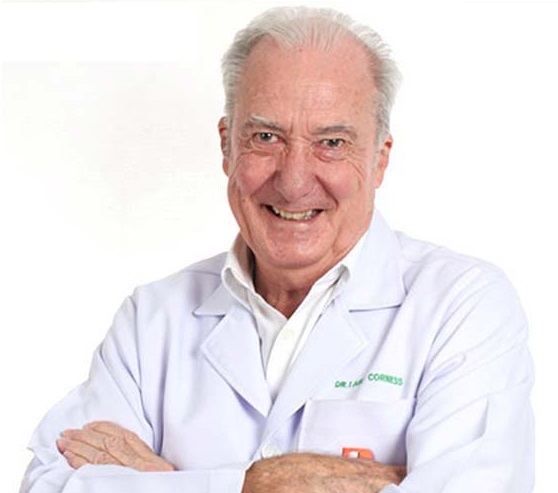

Have you ever stopped to consider that the most important organs you have are all singletons, while with the less important ones you have a back-up duplicate? You have two lungs and you can get by on one, kidneys ditto, eyes ditto, hands ditto. But you only have one brain, one heart, one bladder, one uterus (ladies), one Willy (men) and one liver.
Yes, one liver, one of the more important organs you possess. Without it you will die, whereas you can get by without a kidney, or a lung or an eye, for example. Yes, I’d rate my liver above my kidney any day.
So what does this liver do? Think of your liver as a filtering and de-toxifying device. Chemicals are taken up by the liver, to be broken down into non-toxic chemicals, all to protect your total system. Clever organ your liver.
The most well-known liver toxin is our old friend Ethanol, more usually referred to as grog or booze. That alcohol affects the liver is well known, with the end result being called Cirrhosis, a kind of fibrous hardening of the liver which then becomes unable to carry out its job correctly. Toxins build up. You feel unwell and it’s all downhill from there.
But the list does not end there either. Some proprietary or prescription drugs can produce an inflammation of the liver tissues too. Or worse, produce a breakdown of the liver tissue itself. Amongst these is the headache medication paracetamol (the ubiquitous headache tablets, for example), but before you throw them out of your bathroom cabinet, it requires some heavy and very frequent dosage of paracetamol to do this. Remember Paracelsus: “Dosage alone determines poisoning.”
Other prescription items that may produce liver problems include Methyldopa, several penicillins, Simvastatin (the cholesterol lowering drug), Diclofenac (a non-steroidal anti-inflammatory) and Ketoconazole (anti-fungal).
So we all know that prescription drugs (even though you can get most of them over the counter in Thailand) can be dangerous, that’s why they have a PI (patient information) leaflet inside the box, but what about “Health” food preparations? The purveyors of these all cite the fact that the ingredients are “natural” so everyone assumes that this means “safe”. Not quite so fast, I’m afraid. Lead, for example, is a naturally occurring compound, and not much good for young kidneys. However, since we are talking about liver problems, hands up all those of you who have heard of Echinacea? Supposedly fixes everything from falling hair to fallen arches – but is it “safe”? Well, Echinacea, along with Kombucha Tea are two of the commonest compounds showing a well-documented history of being toxic to the liver. So if you’re sipping Kombucha tea because you’ve drunk too much alcohol, I would suggest that you stop right now!
Others for sale in the Health Food shops with known toxic effects on the liver include Evening primrose oil, Valerian, Chaparral, Japanese Daisaiko-to (for dyspepsia), Chinese Jin-bu-huan and several forms of herbal teas such as those from Heliotroprium, Senecio crotalaria and Symphytum. Makes you think that the ‘Health’ shops that sell them may be incorrectly named, doesn’t it!
But while the column this week seems to be spreading doom, gloom and disaster, it’s not quite that bad. There are tests we can do to see if the liver is in trouble. Liver enzymes can be measured in the blood and a Fibroscan will show if the liver is getting fibrous, on its way to Cirrhosis.
The other good news is the fact that the liver is a very powerful organ and is capable of regenerating itself quite quickly, so in most cases of toxicity following ingestion of chemical compounds, by stopping taking them, the liver recovers and the patient feels well again.
So remember that if you are taking anything regularly and you feel unwell, it may be the liver – but tell your doctor everything you have been taking! And no thanks, I’ll give the herbal tea a miss today.





